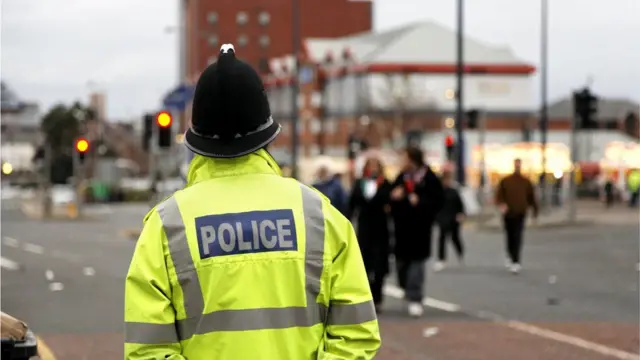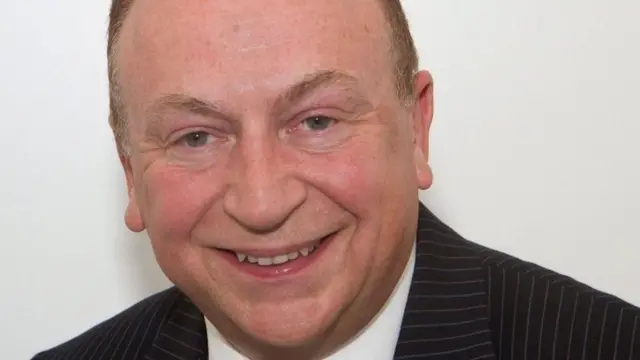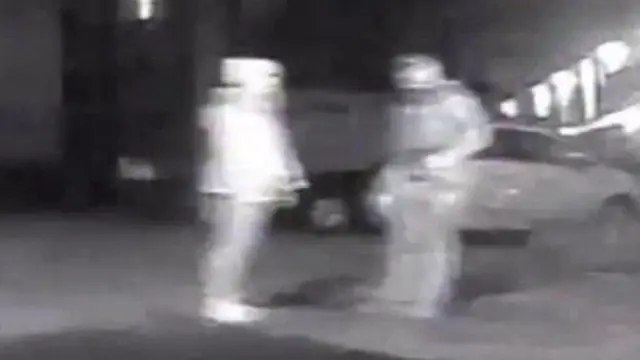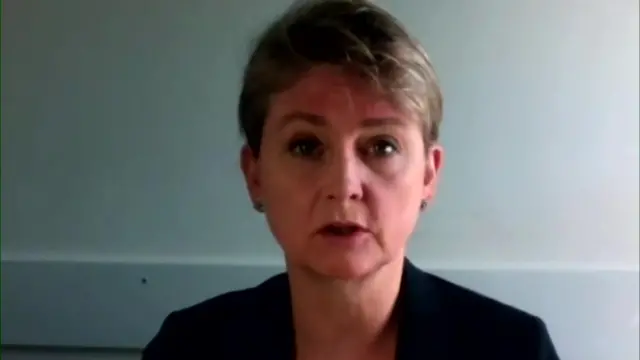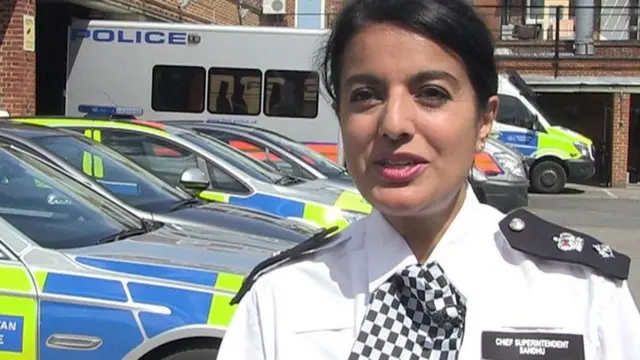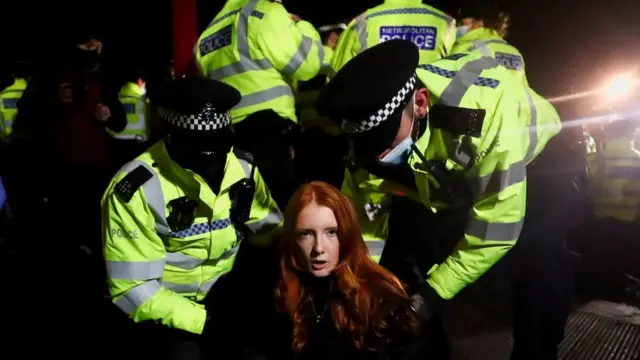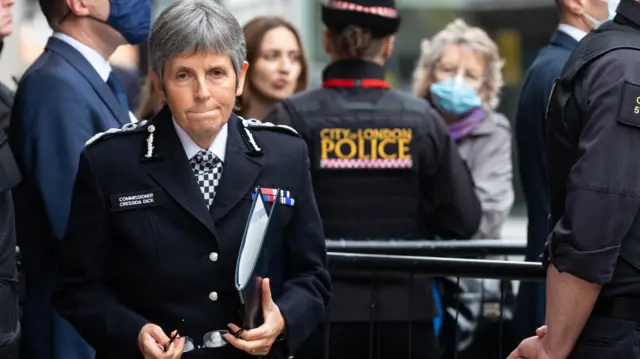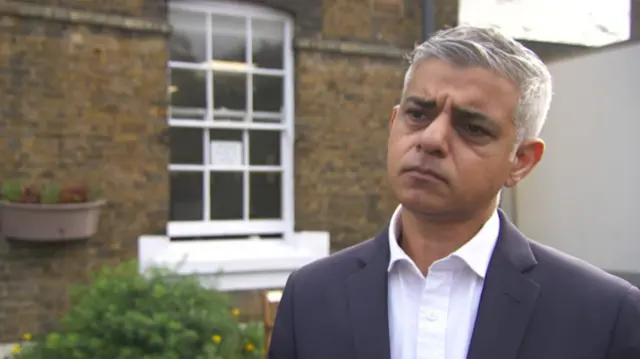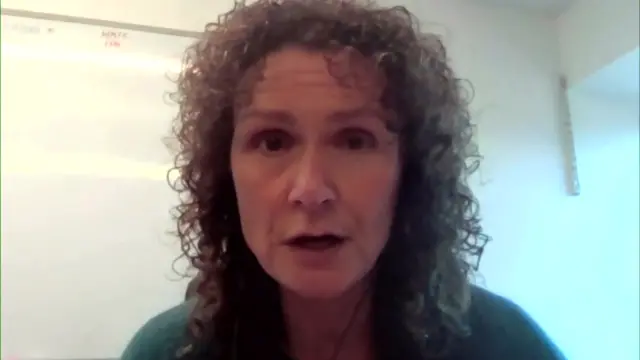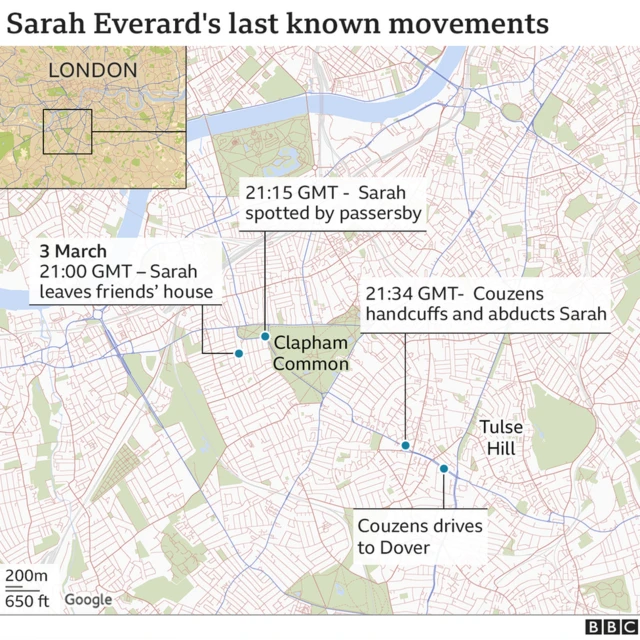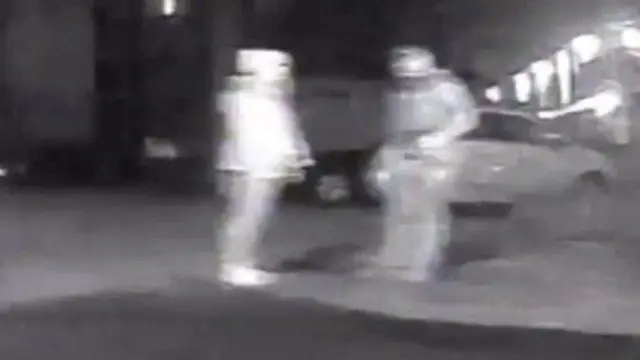Thanks for joining uspublished at 17:30 BST 1 October 2021
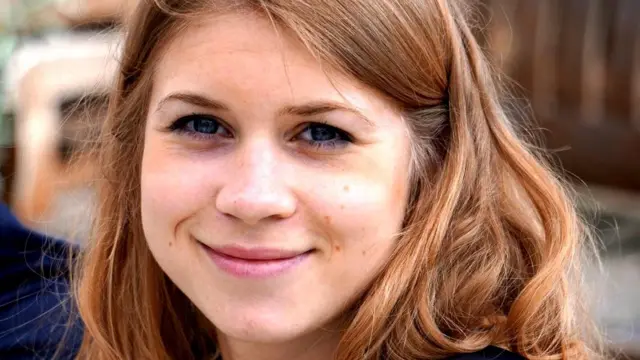 Image source, Everard Family
Image source, Everard FamilyWe're bringing our live updates to a close this evening but the website will continue to bring you the latest updates here. This is what has happened today:
- Prime Minister Boris Johnson says the public should trust the police despite the Sarah Everard case
- But he says that the government must get to the bottom of "what on earth" happened and should come down hard on issues in the police
- Killer Wayne Couzens is believed to have been in a WhatsApp group with five police officers who are being investigated for gross misconduct relating to misogynist content
- There have been calls for Met Police Commissioner Dame Cressida Dick to resign over the handling of the case, although policing minister Kit Malthouse and London Mayor Sadiq Khan have backed her
- The force has issued advice to women who are stopped by lone plain-clothes officers, which includes asking "searching questions" and running to a house if they believe they are in imminent danger
- Campaigners and politicians have criticised the guidance with some calling it "victim shaming" while others described it as "laughable"
- Meanwhile, Labour MP Yvette Cooper has called for an independent inquiry, while Conservative MP Sir Bob Neill says there is a case for classing misogyny as a hate crime
Thank you for joining us this afternoon. This live page has been edited by Holly Wallis and Chris Clayton and written by Jennifer Meierhans, Victoria Lindrea and Doug Faulkner.
